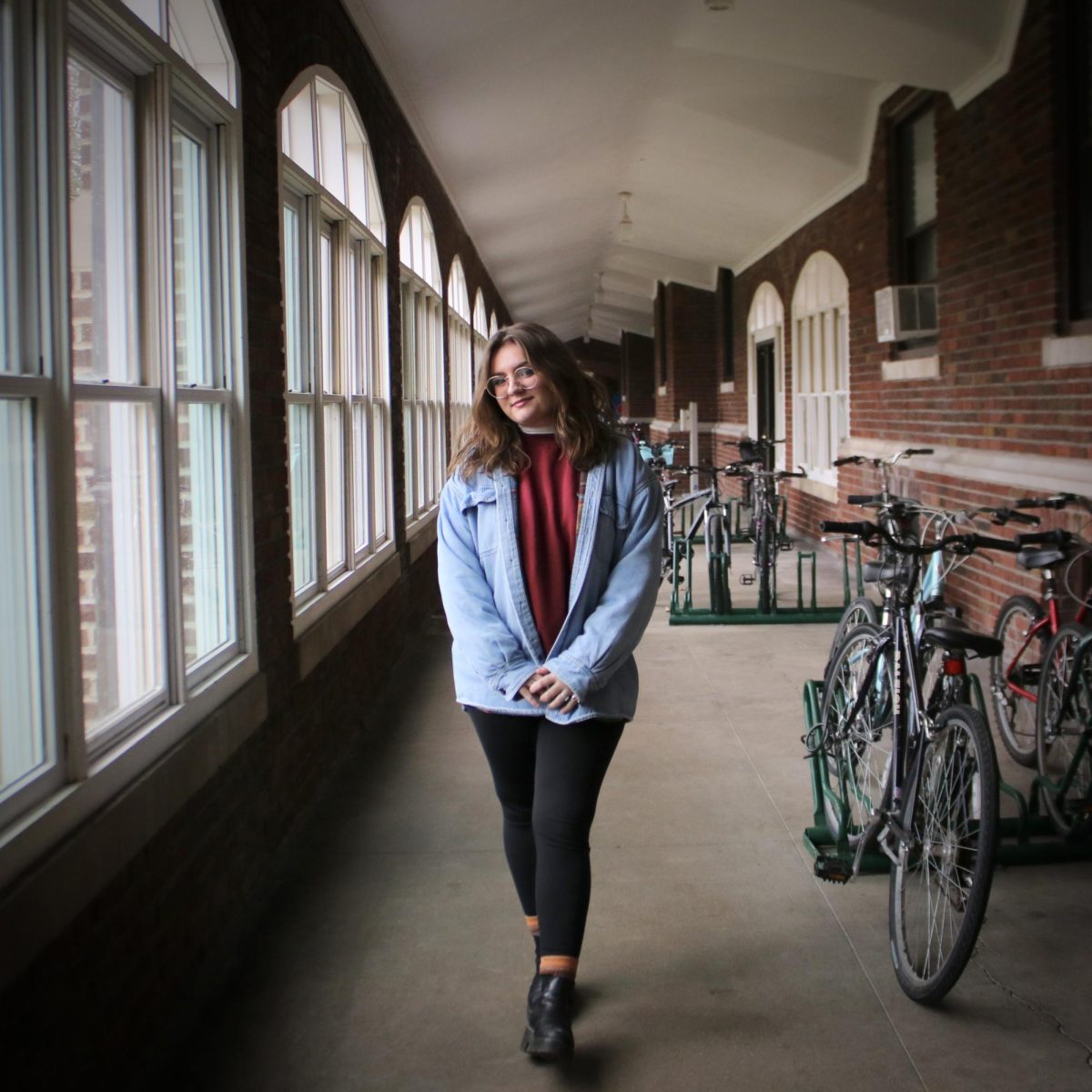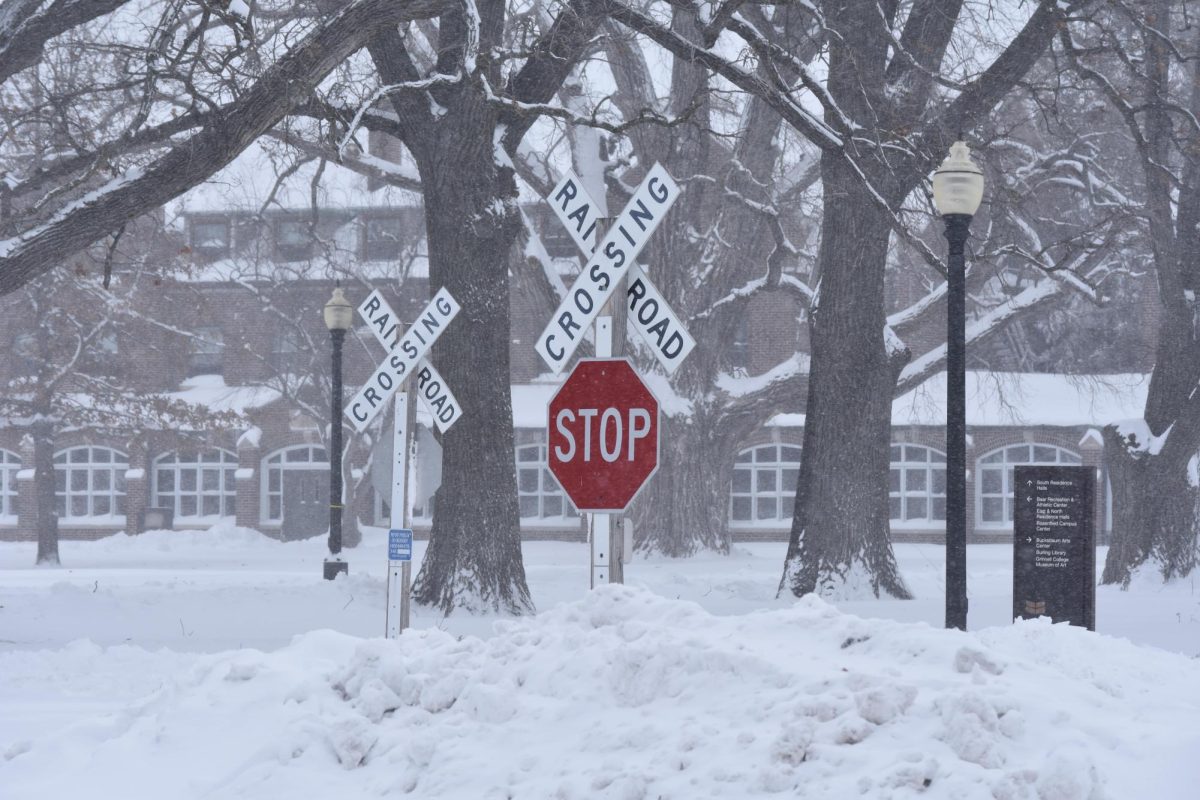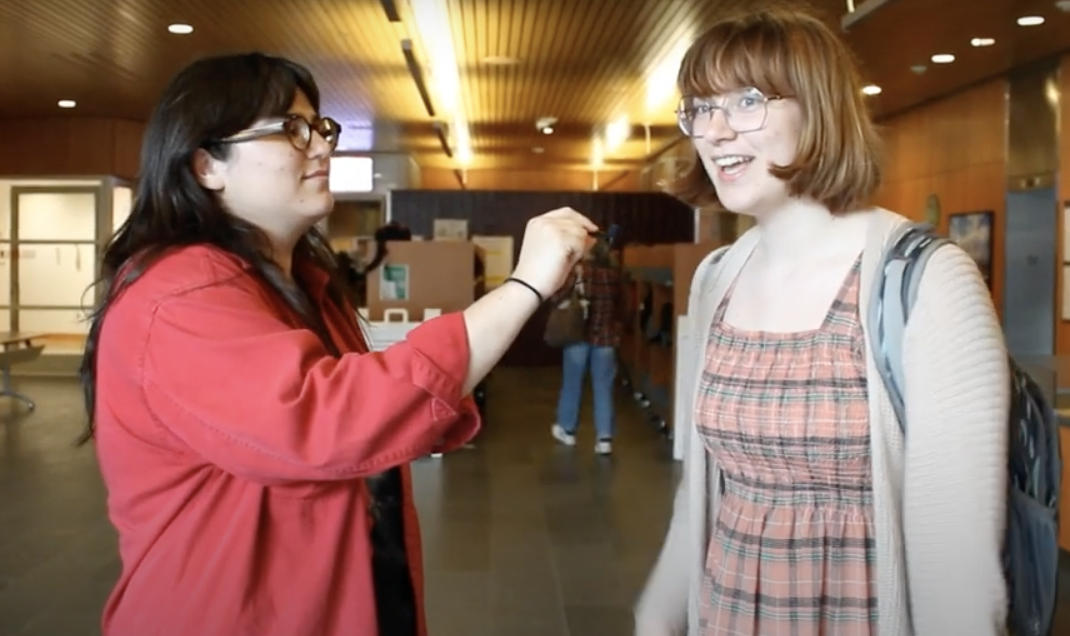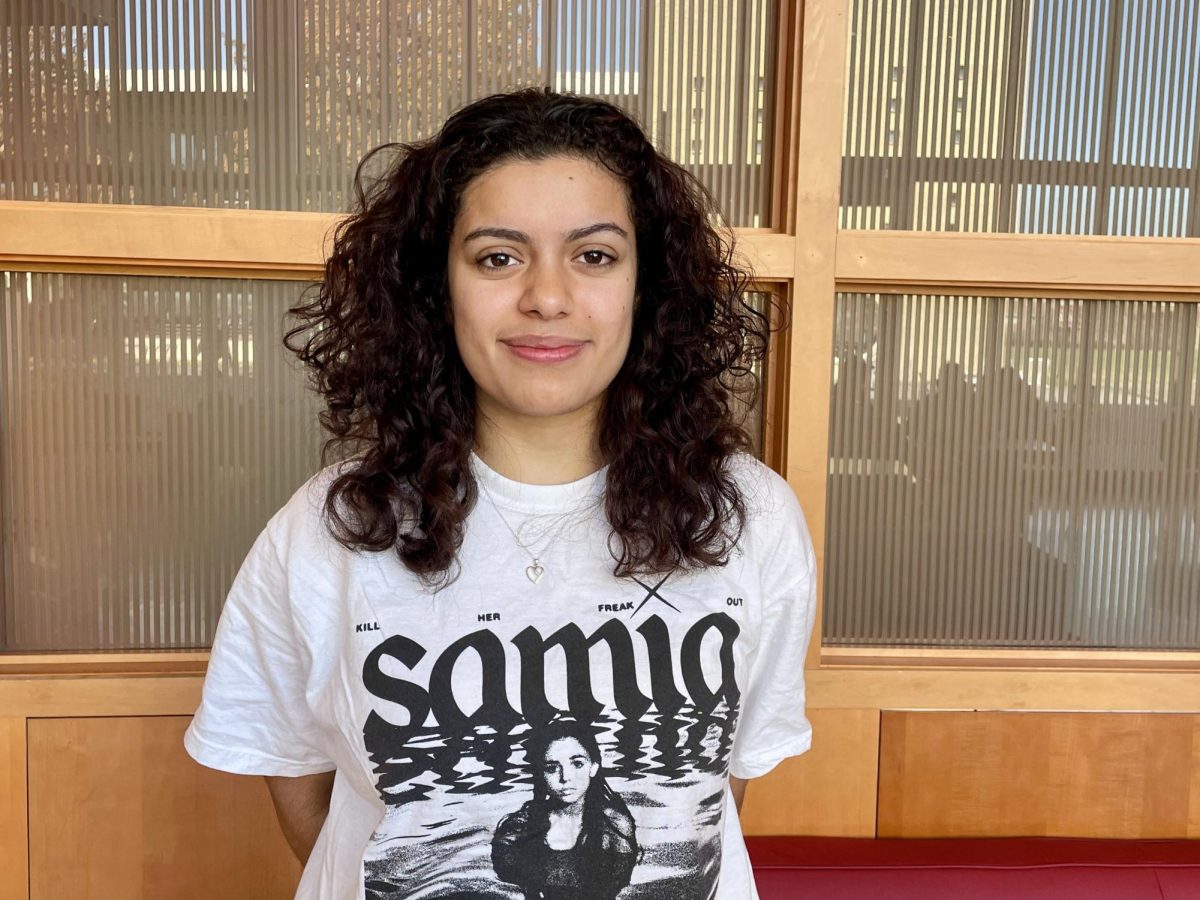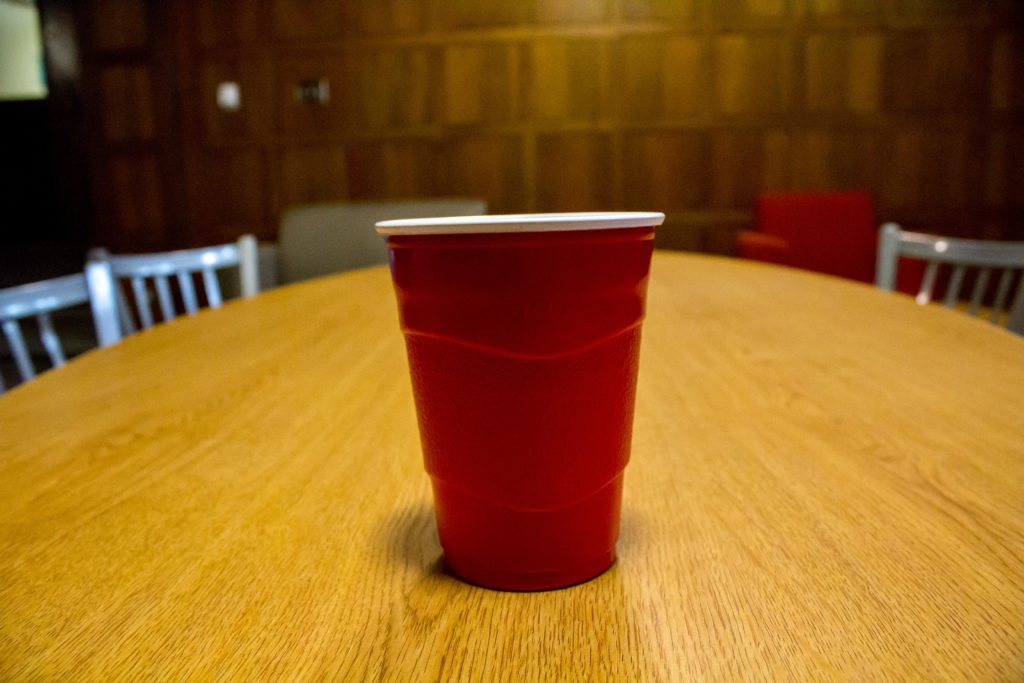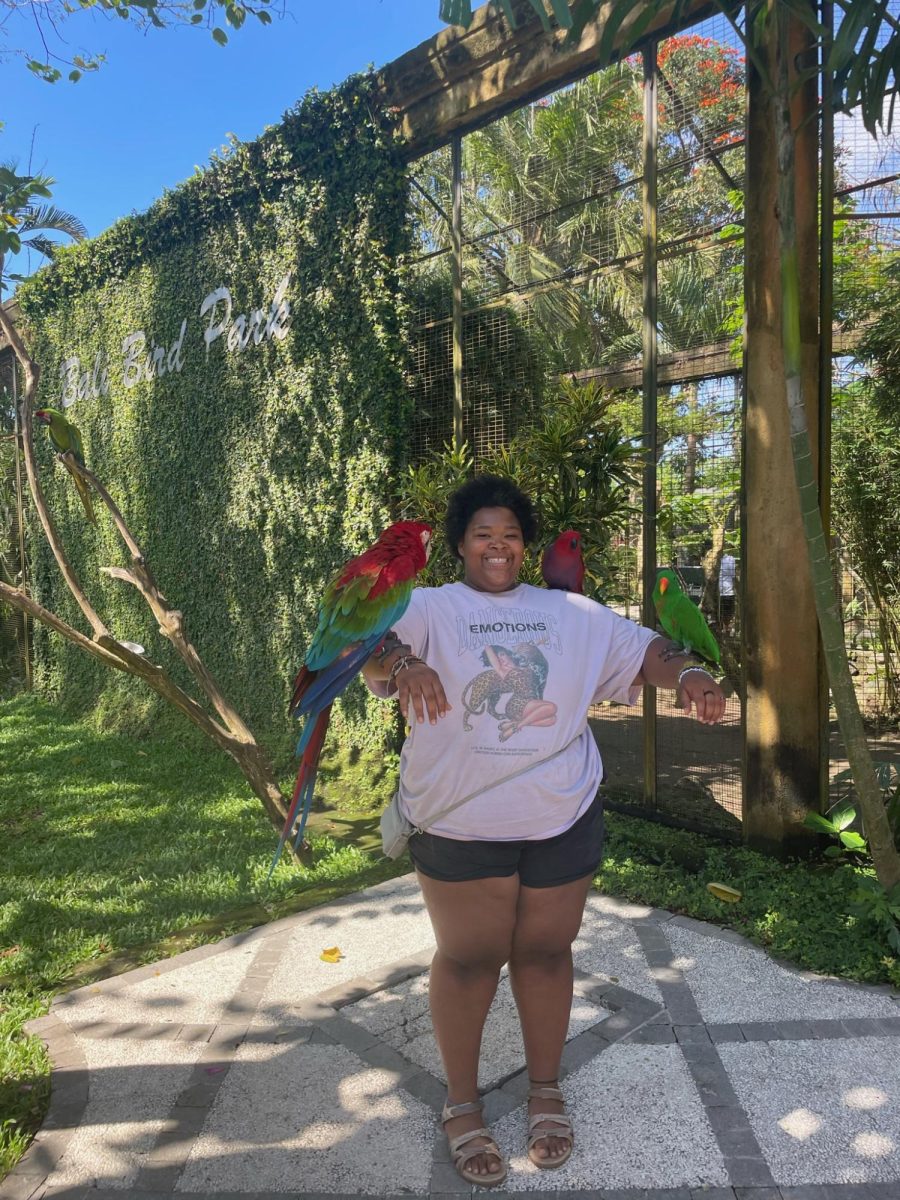In a political climate that has people feeling like if they tear their gaze away from their phone for too long, they might miss the announcement of World War III, keeping up with the latest media can sometimes feel like a life or death situation. When it comes to biases, fake news or Facebook feeds students can find themselves struggling to stay informed without being overwhelmed. The S&B’s Keli Vitaioli sat down with three professors to hear their opinions on reputable sources and get their take on keeping up with the whirlwind news cycle.

Biology
Most trusted and used:
NPR, The Des Moines Register, The Grinnell Herald Register, The New York Times, The Economist, High Country News, The Washington Post and The Wall Street Journal
On vetting sources:
”I’d like to think [vetting our sources] is something that we always should have been doing, something that we always should have cared about. I think people by nature should be skeptical consumers of information … but I think in practice, boy, we consume a lot of information in our day to day life that we sort of don’t look at it at that level, but I think that’s really important with so many of the things we talk about that are relevant to public policy. And having that ability to be a skeptical consumer of information seems really important, more so than ever.”
On the divide between students and professors accessing news:
“What’s apparent just teaching here at Grinnell is the resources that students use versus the resources that I use — and part of that is just age and access. I don’t have a smartphone, so I’m not using the different media platforms a lot of students are looking at on a daily basis. I’m antiquated and I tend to like to hold a piece of paper in my hand, and things that I really want to read and digest I’ll often print out rather than read online.”
Recommendations for students:
“Try and make the time in your day to do it, and use more than one source. I think the thing that I’ve found, certainly in the past several years that I can remember, is that when we’re talking about topical issues related to public policy, you know, climate, water, some of the things I think about, I’m always asking students, ‘have they seen this, have they seen that, what sources do they consult?’ And what I find is often they’re either not seeing things or are not aware of things, and I think a big part of that is you’re just so dang busy and you’re not taking the time to look at the sources that are out there. At the same time, I find that students are inevitably bringing tons of things to my attention that I’m not seeing, which sort of is a reminder to me of the biases of our sources and what’s getting covered. Consult multiple sources, because I don’t know what that one source is.”

Most used and trusted:
The New York Times, The Des Moines Register, The Washington Post, The Wall Street Journal, Politico, Vox, Slate, Salon, MSNBC, PBS, checks in with Fox News and Breitbart.
Recommendations for students:
“Anything digital and electronic, it is so easy not to read, to just kind of check in and read the headlines, you can do the same thing in paper, but, and this is part of the reason I like to have the paper in my hand is, I’m going to read things I wouldn’t normally read. … I would encourage the students to go directly to the sites rather than allow someone to filter or sensor what they read.”
On seeking out opposing viewpoints to hers (such as Breitbart or Fox News):
“A big part of what I’m looking at is what they’re reporting or placing up there so I have a sense of what people who check in regularly with them see, which is a little bit different than reading it to be persuaded by what they’re saying, but I want to know what they’re saying. I think you can’t be effective politically unless you can put yourself in the position of someone else and kind of know the information they have … I tend to go towards, I suppose, the traditional sources or the same ones President Trump doesn’t like.”
On social media news:
“I do think the technology is such that it lends itself to the quick reaction, and on one hand that’s really good; to see the immediacy; we can see things that are almost in real time. It gives us a window on things that we haven’t had before, but I think there’s a lot of room, maybe even more than before, for kind of sitting back and trying to figure out what’s going on — that distance you can place between yourself and a particular event.”

Most trusted and used:
NPR, The Guardian, The New Yorker, Harper’s Magazine, The Atlantic, recently cancelled his subscription to The Economist.
On the instinct to rely on social media news:
“On the one hand, the sheer volume of information is pretty amazing, and you come across stuff that you wouldn’t otherwise. But the sheer volume of information, at least for me, created a really unhealthy relationship with information, which is that I was just constantly consuming without ever having some space to reflect on what I was reading.”
Recommendations for students:
“A friend of mine, a faculty member at California Lutheran University, put it so well, she said, ‘Its good to remain informed but not immersed,” because when we’re immersed we just don’t really have any space to really work with the information, and I found myself being immersed in social media news. I was staying up way too late. I was developing really quickly these really bad habits that the constant flow of information enables.”
On not seeking out opposing viewpoints:
“I’m not so much seeking out points of view that I think come out of sources that have developed in and through a critique of the so-called, ‘mainstream liberal media.’ … I think what bothers me about news sources that I think we would associate with stuff ‘we seek out for alternative points of view‘ is that there is a kind of impugning of people’s motivations, right, and the idea that journalists for The New York Times or The Washington Post or The Guardian had malicious intent, and I think that’s a really dangerous claim to make. I think that part of the really amazing thing about being in a place like Grinnell, or an intellectual community, is that we have people that can help us think in really critical fashion and ask hard questions, and I don’t know if I need Breitbart or Fox to help me do that.”





























































